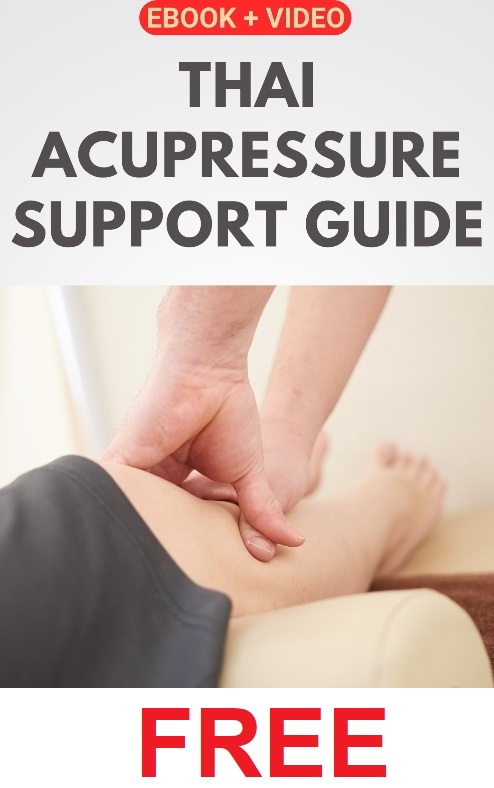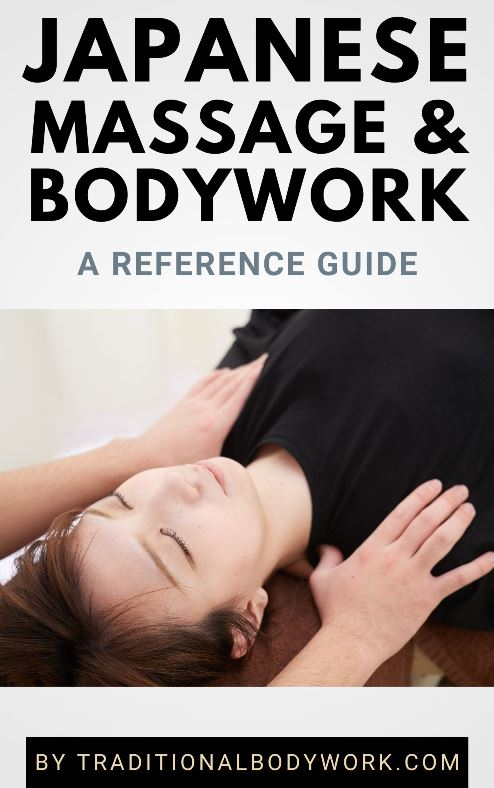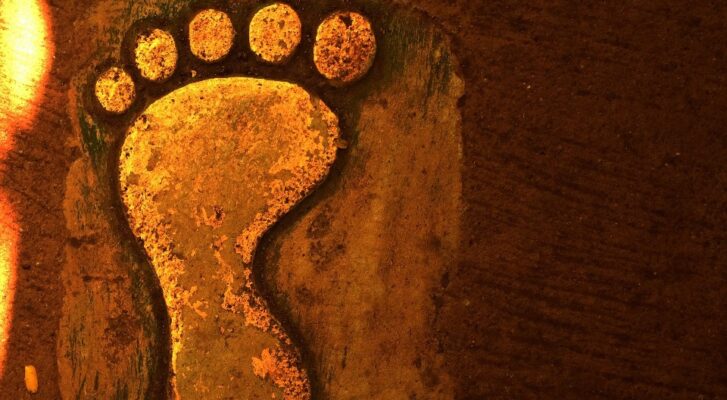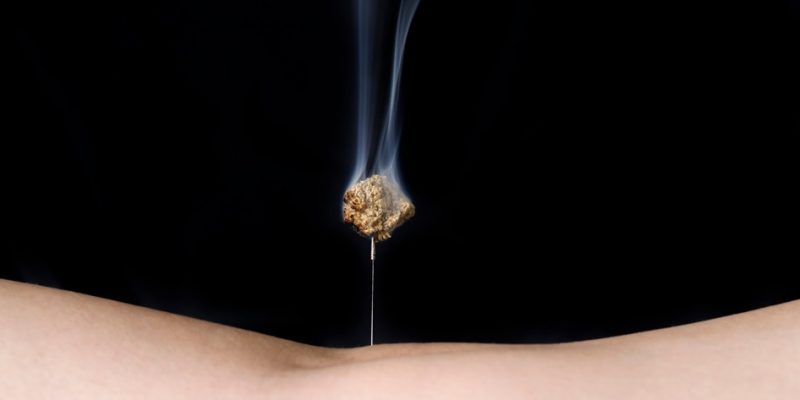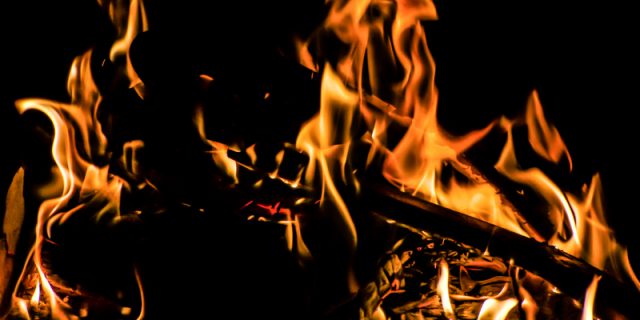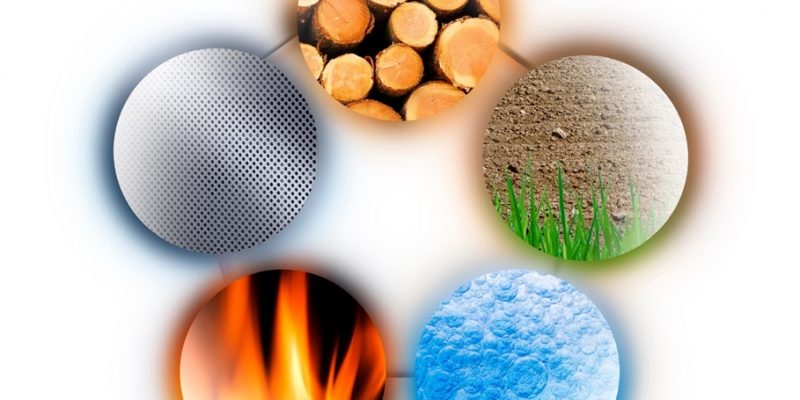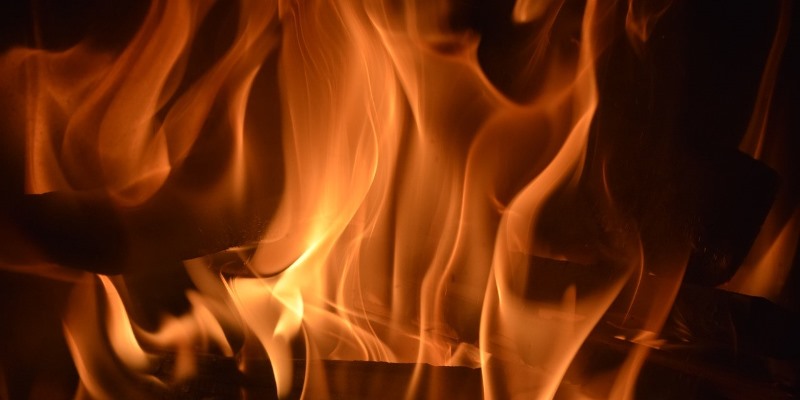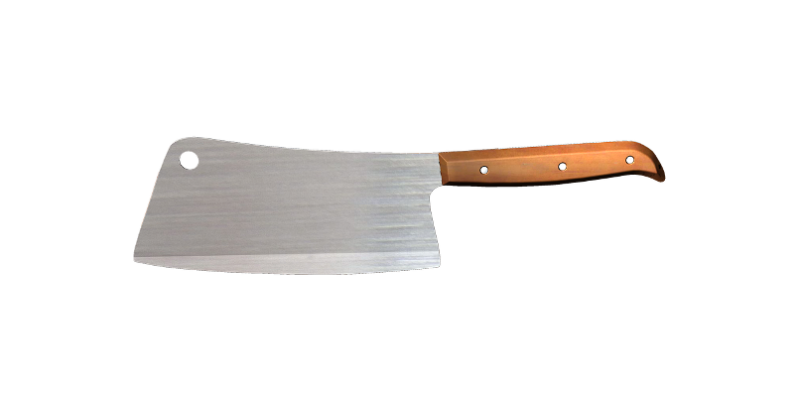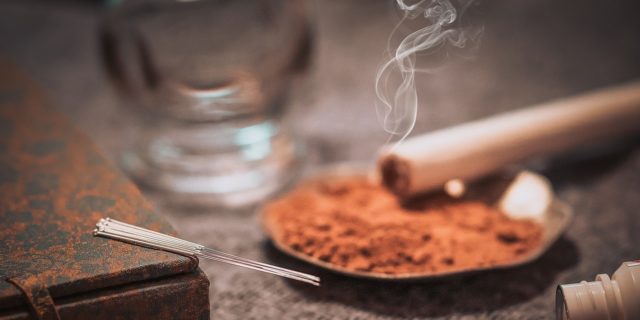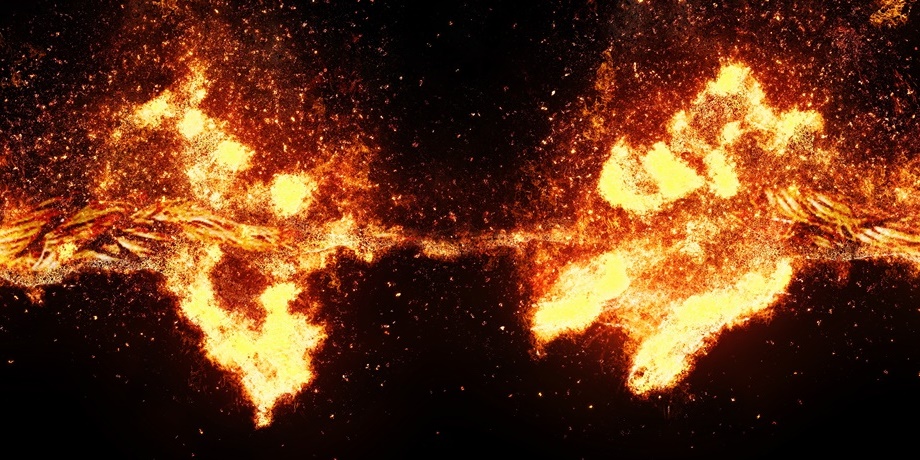
Huo Liao Fire Therapy — also called Huo Long — is a heat or thermotherapy that is said to have originated in Tibet. It’s considered part of Traditional Chinese Medicine (TCM).
Huo Liao is a heat therapy that blends Meridian theory with Moxibustion therapy. Through indirect contact with heat, the pores, acupoints and meridians can be opened up to promote circulation of Qi Vital Energy and reestablish the Yin and Yang balance of the body.
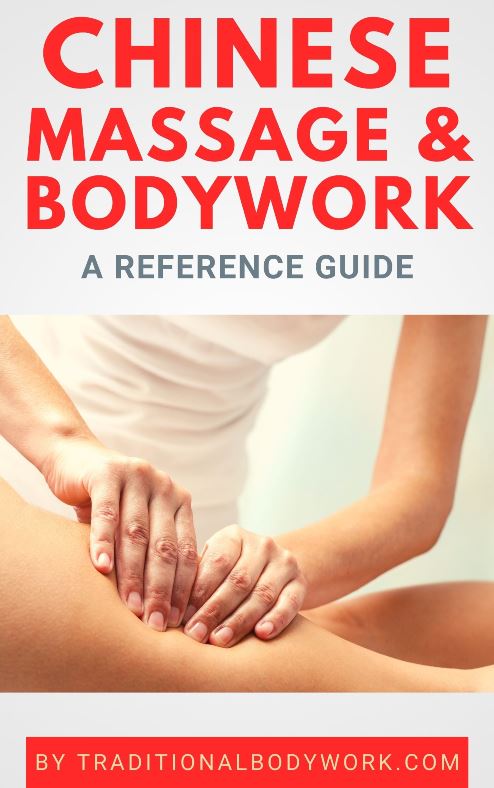
The concept of heat therapy is that cold, wind, and damp are primary causes of many of our illnesses. Cold is seen as opposed to human life which depends on warmth (Innate Heat or Yang) to activate circulation of Qi, blood circulation, metabolism, digestion, and healthy organ functioning.
Thus, health benefits are thought to be stimulating the immune system and organ health, regulating body secretion, enhancing blood circulation, relieving symptoms of back pain, constipation, rheumatism, arthritis, and shoulder aches, to name a few topics.
The treatment is done by putting some strings or towels that have been soaked with herbs onto a body part, such as the back, abdominal area, or feet. Afterwards a flammable liquid is squeezed on the materials and lighted. This results in setting the strings or towels on fire and a burning sensation is felt which isn’t painful.
Subsequently the fire is put out with a wet towel to again repeat the session with the goal to let the herbs being absorbed totally into the body. This is usually reiterated several times.


